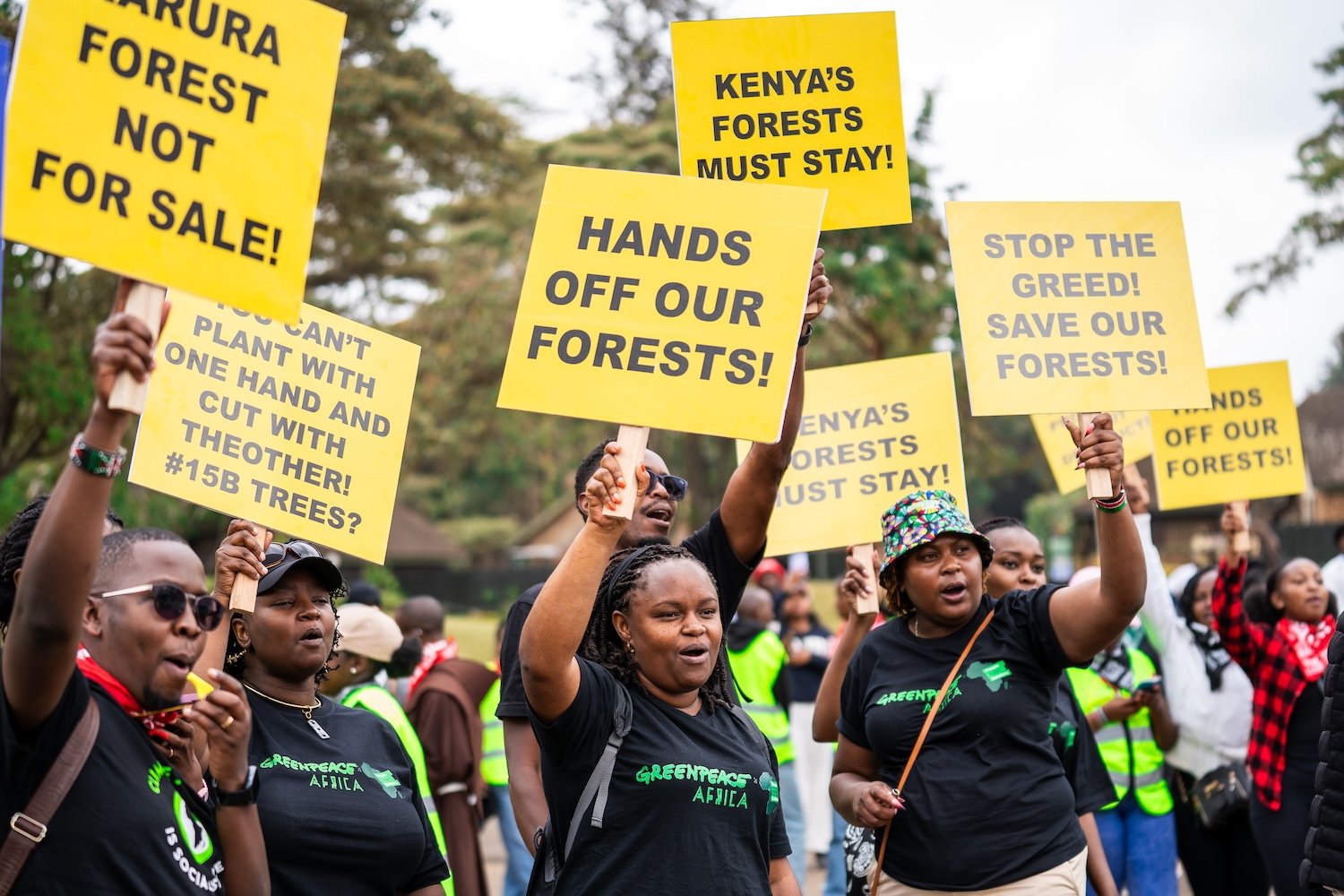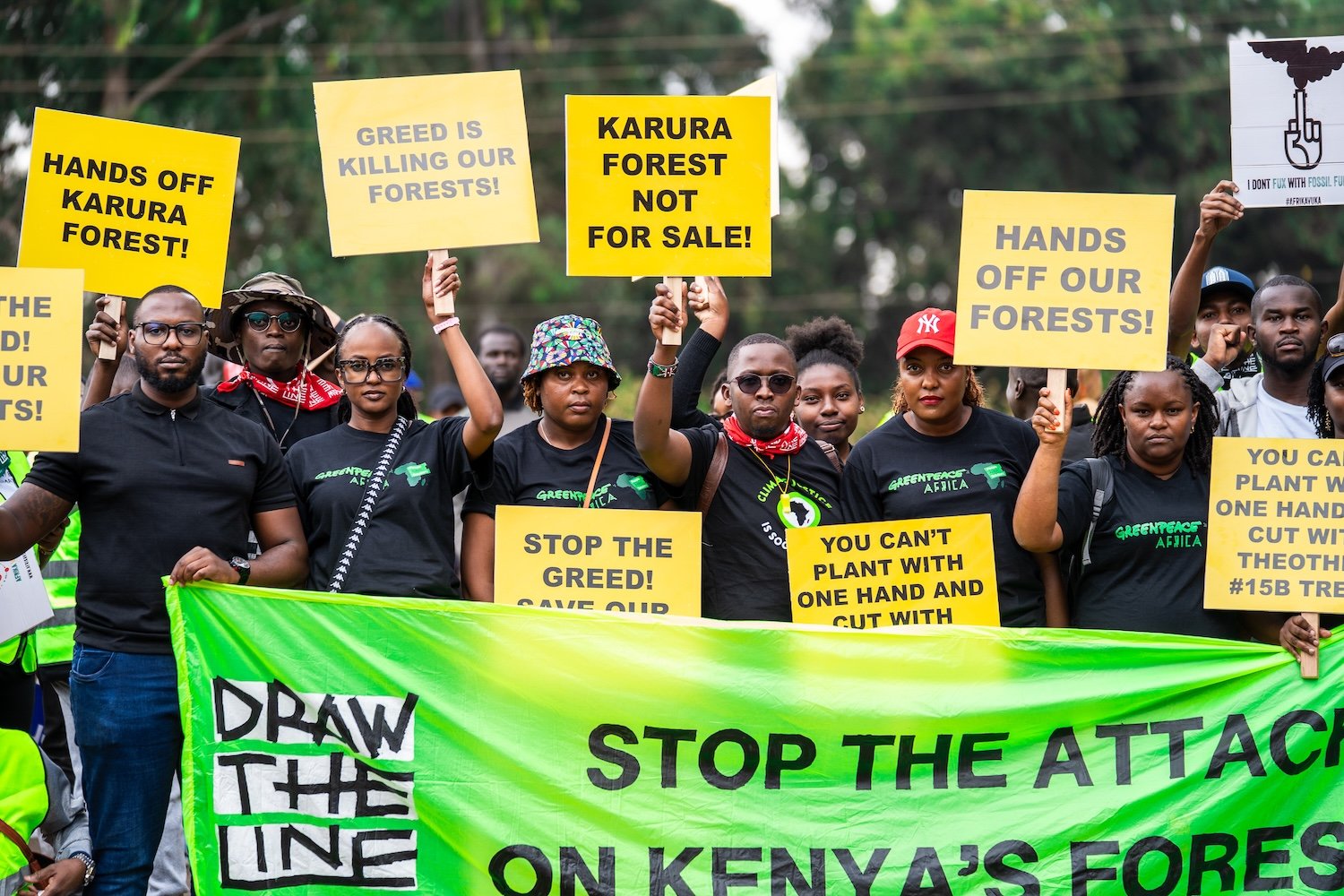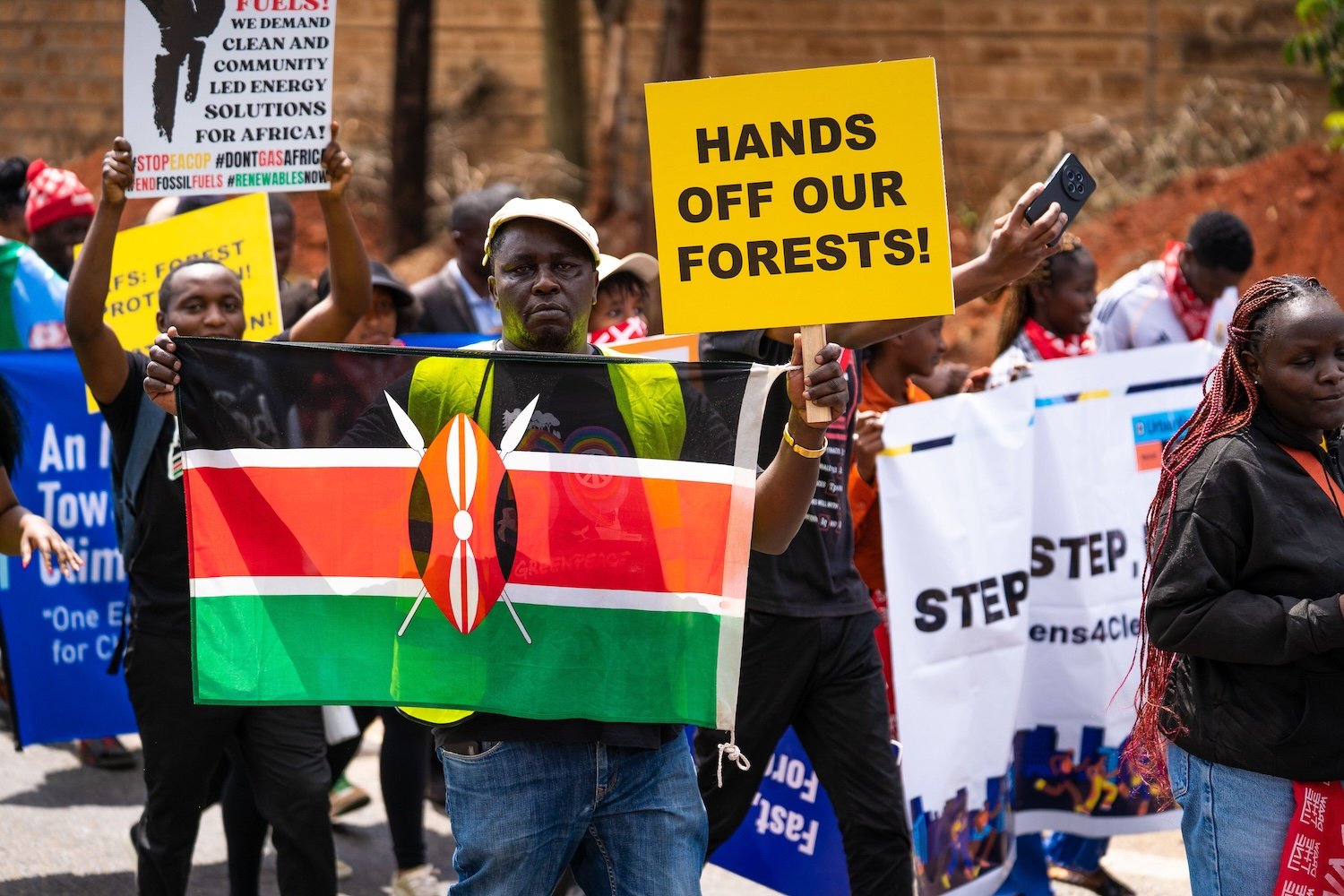18 September 2019
We are in crisis mode. At times it seems that the whole world is in flames. Europe’s summer was the hottest on record. Fires in the boreal forests of Siberia have been the worst in 10,000 years. Greenland’s ice is melting four times faster than we thought, with 11 billion tons of ice documented as disappearing – in just one day. Elsewhere, soil is drying up and in India entire states are awash in floods. And then there are the great fires in the Amazon, and Bolsonaro’s dismissive sneers at the international outcry over them, only fueling the flames.
A crisis is triggering different emotional responses. Some feel helpless. Some indifferent. Some, as we know, are in flat denial. Others are satisfied by making small changes to their lifestyle – consuming a little less meat or choosing trains and bicycles over planes and cars. But a growing number of people are moved, are fed up and take to the streets. They join courageous movements, like the children-led “Fridays for Future” school strikes or Extinction Rebellion. To speak about this moment and bring everyone on board, we must use all the empathy we’ve got.
Not only are the audiences of the crisis diverse, but its causes are too. Take for example the satellite images by NASA last August, which showed about 7,000 fires in Angola and 3,400 in the neighboring Democratic Republic of the Congo. Journalists and social media activists rushed to react to the burning of Africa’s rainforest. Many hurried to tweet about it, but few were aware of the facts.
Four times the size of Germany, the Congo Basin is home to Africa’s rainforest. It provides food, shelter, medicine, and livelihoods for 60 million people and is home to a broad range of endangered species. Like the Southeast Asian and boreal forests and the larger Amazon, Africa’s forest plays a crucial role in global climate stability. It also contains the world’s largest tropical peatlands complex, storing an amount of carbon equal to three years of global emissions.
To solve problems, we need to know what they are. It makes perfect sense to care about the Congo Basin forest. It also makes perfect sense to be worried – and angry – about its degradation, and the wholesale destruction of its “Intact Forest Landscapes” as a result of multinational logging, large scale agriculture, as well as mining. Other threats the forest is facing are the result of global changes in temperature and rainfall, which potentially make it less resilient and more vulnerable, and the disenfranchisement of forest populations. The Congo Basin forest is facing severe threats. The present fires, however, are not one of them.
What the NASA images showed were actually fires mostly in the savannah area south of the Congo Basin, set in a controlled way by farmers, hunters and herders who have been doing so for centuries and even millenia. Unlike the number of fires recorded in the Amazon between January and August, the fires in central and south Africa are not higher than in 2018. Unlike in Brazil, they are overwhelmingly outside the forest and thus don’t put it at risk. As for the Congo Basin, what may have been the largest wildfire ever observed there had nothing to do with local people. It broke out in 2016 in the Republic of Congo, in a logging concession operated by the German-owned Danzer Group, whose operations are certified “sustainable” by the Forest Stewardship Council! The multinational’s logging operations were almost certainly a facilitating factor. Another reason industrial activity in Africa’s rainforest is our primary cause for alarm.
This is a burning crisis, even if the world is not entirely in flames and the threats facing the Amazon are different than the ones facing Africa’s rainforest. We need systemic change. It will not happen thanks to one or a million tweets or op-eds that play on false alarms. To face it, we need to know who we are talking to, for whom we’re speaking up, and why. The challenge is too important and it is too big for us to shoot from the hip. Facing major economic powers, kleptocratic politicians at their service, and a whole industry of Fake News, it is only with focused and informed action that we may hope to succeed.



